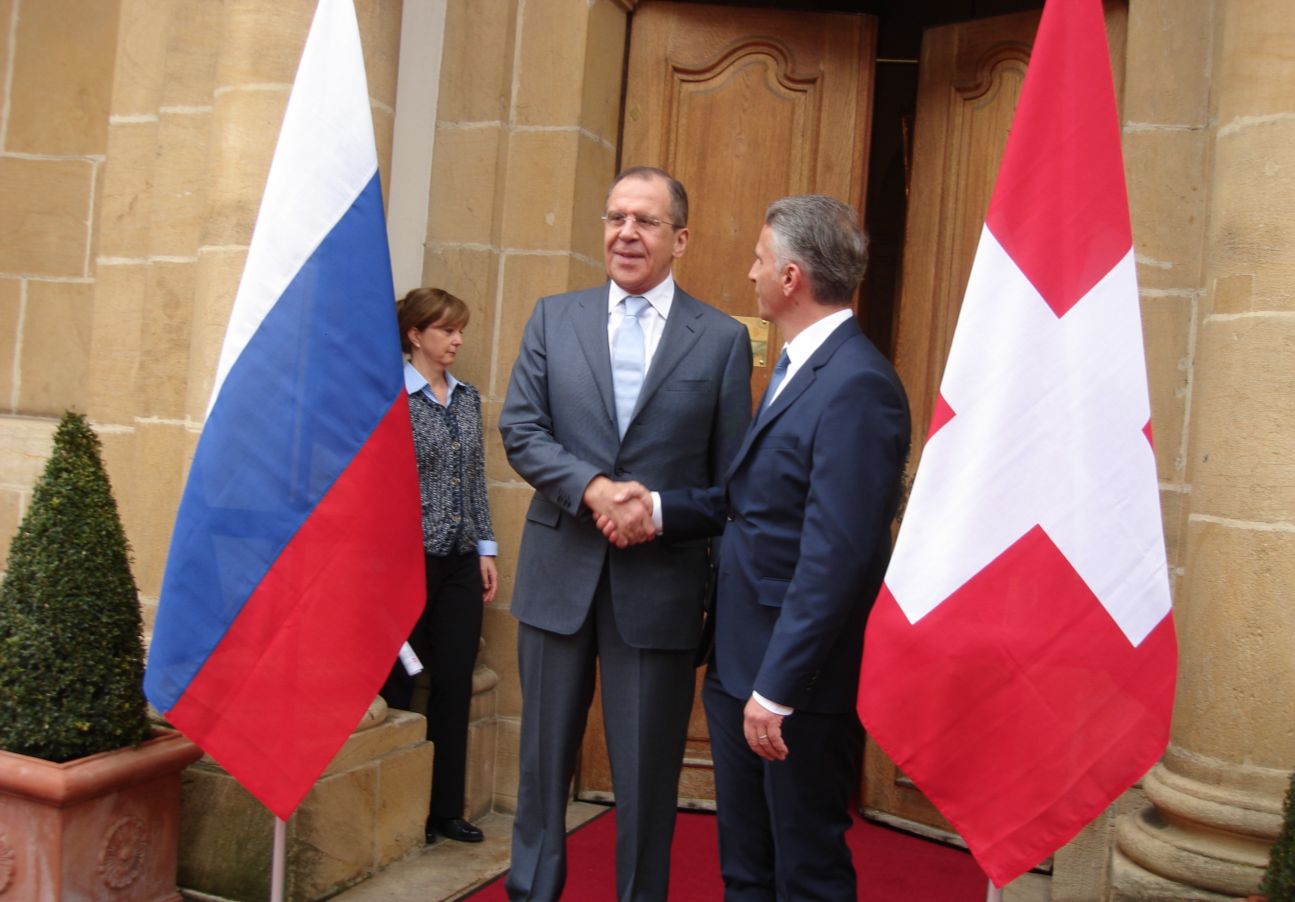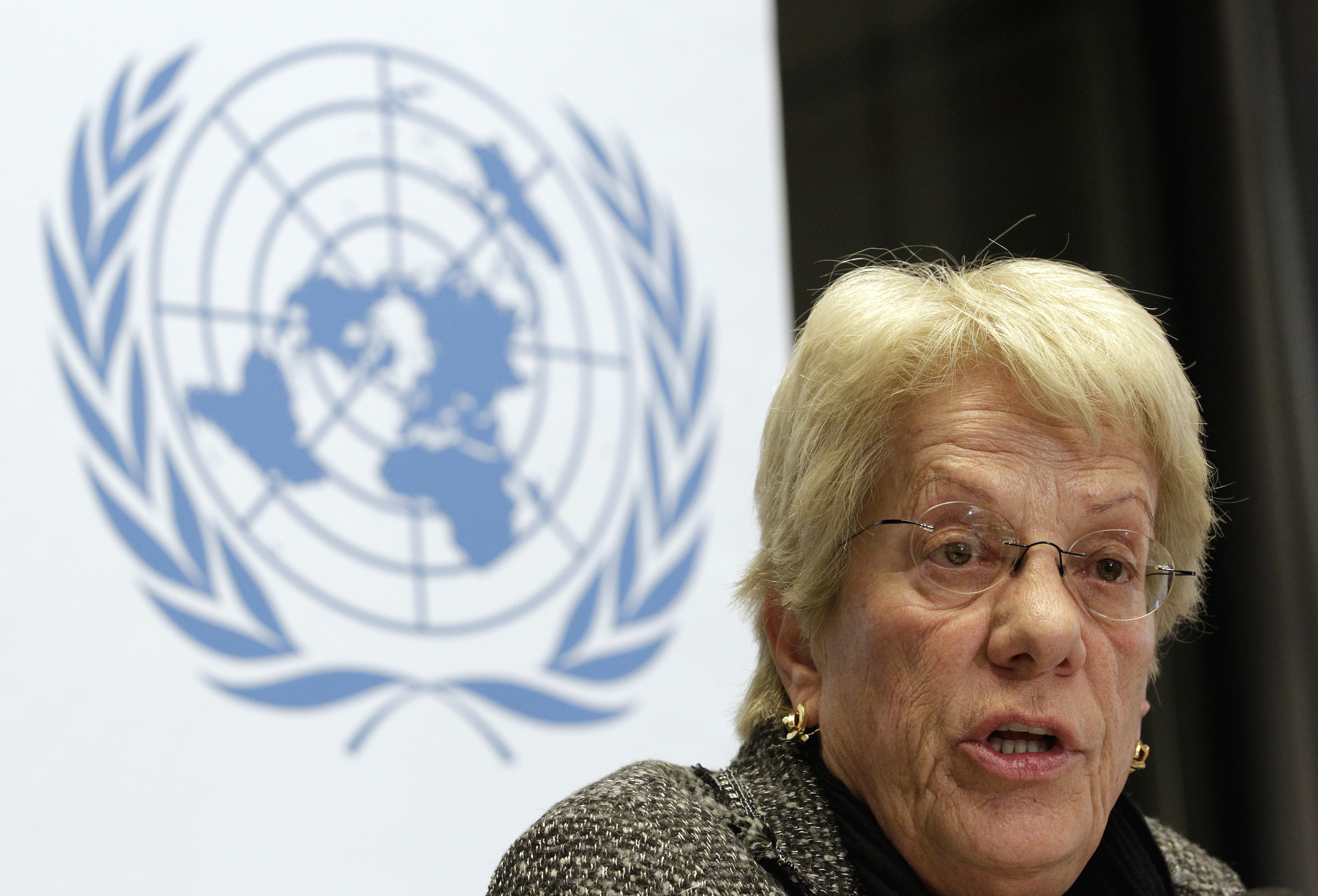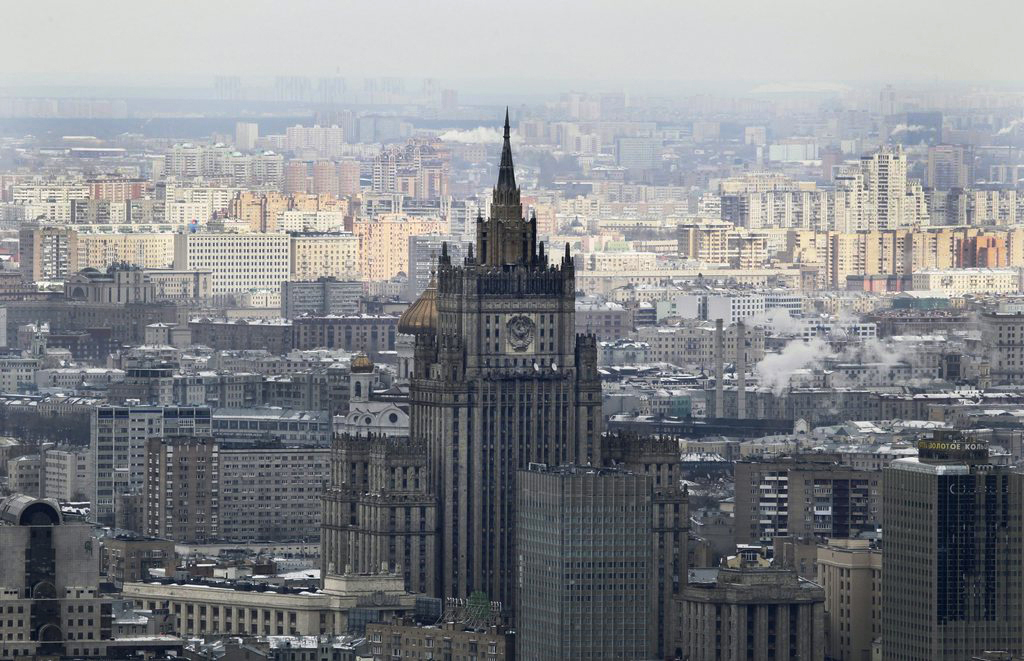Russian minister outlines position on Syria

Russian Foreign Minister Sergey Lavrov has warned that attempts to “delegitimise” the Syrian leadership would have disastrous consequences, and hit out against those trying to “foist” such resolutions onto international organisations.
Lavrov was speaking to journalists in the western Swiss city of Neuchatel after holding talks on a range of bilateral and international issues with his Swiss counterpart Didier Burkhalter.
While admitting that it was “per se, absolutely right” that there should be no impunity over war crimes in Syria, he said some “unscrupulous” people were using this demand to prolong discussions. “The longer they are drawn out, the more deaths there will be in Syria,” he warned.
“We are now seeing attempts to thwart any chance of a peaceful settlement and to foist decisions onto international bodies aimed at delegitimising the Syrian leadership, and that cannot lead to anything good.
“This is simply stoking the flames of war, which will then go on forever. Whether intentionally or not, this will bring radicals to power in Syria and put an end to the multi-confessional and multi-ethnic nature of the Syrian state.”
He said the Geneva communique of June 2012 offered the only solution. The communique, agreed by the international Action Group for Syria, called for “an end to the violence and human rights abuses and the launch of a Syrian-led political process leading to a transition that meets the legitimate aspirations of the Syrian people and enables them independently and democratically to
determine their own future”.
Burkhalter repeated Switzerland’s view that it was important to look at the whole of the Syrian case, and not at just one of the parties involved.
Switzerland has called for all the war crimes committed to be taken to the International Criminal Court.
Korean talks
Lavrov welcomed a Swiss offer to host talks aimed at defusing the current tension on the Korean peninsula, where the government in Pyongyang has been warning of war against South Korea and the United States.
He said that if Pyongyang were to agree to hold discussions with Russia, Japan, South Korea, the United States and China in Geneva, he would support this.
However, both ministers stressed that no agreement to hold talks had been reached.
North Korea, apparently angered by United Nations sanctions imposed in the aftermath of its third nuclear weapon test in February and by joint US-South Korean military exercises in March, has warned that it has weapons “on standby”.
The Swiss SonntagsZeitung newspaper reported on April 7 that Swïtzerland was willing to host talks, and a foreign ministry spokeswoman confirmed that Switzerland repeated the message “at every opportunity”.
Bilateral cooperation
The main issue on the agenda of the ministers’ talks was bilateral cooperation, in particular the free trade agreement due to be signed between the European Free Trade Association (EFTA) of which Switzerland is a member along with Iceland, Liechtenstein and Norway, and the customs union linking Russia, Belarus and Kazakhstan.
Burkhalter told journalists that he hoped it would be signed by the middle of 2014.
Friday’s meeting was the fourth time the two ministers had met face-to-face.
“Mr Lavrov is an exceptionally strong personality with firm convictions. He made a great impression on me,” Burkhalter told swissinfo.ch as he waited for his guest to arrive.
“When you speak to him you can ask him the same thing ten times, in the hope that he will say something different, but as a rule that doesn’t happen. Nevertheless, he is a very interesting person to talk to.”

In compliance with the JTI standards
More: SWI swissinfo.ch certified by the Journalism Trust Initiative











You can find an overview of ongoing debates with our journalists here . Please join us!
If you want to start a conversation about a topic raised in this article or want to report factual errors, email us at english@swissinfo.ch.